Hezbollah backs Lebanon government’s decision not to repay $1bn in foreign currency debt
The Lebanese resistance movement Hezbollah has expressed its support for the government’s decision not to pay looming Eurobond maturities due on Monday, emphasizing that the measure secures liquidity and prevents bankruptcy in the heavily indebted state.
“The government’s decision not to pay the dues and restructure the debt is less negative than payment, because paying with no solutions to provide liquidity may lead to bankruptcy,” Vice President of the Executive Council of Hezbollah Sheikh Ali Damoush said on Sunday.
He added, “Hezbollah supports the government in its decision regarding Eurobond, and we call on all political forces and people to ... support their position and cooperate with them.”
The remarks came a day after Prime Minister Hassan Diab said in a televised address to the nation on Saturday that foreign currency reserves had hit a “critical and dangerous” level and were needed for basic imports.
Diab said Lebanon's public debt had reached around 170% of gross domestic product, meaning the country was close to being the world's most heavily indebted state.
"The debt has become bigger than Lebanon can bear, and bigger than the ability of the Lebanese to meet interest payments," he said, adding, "In light of the current situation, the state cannot pay the coming maturities ...
"The Lebanese state will strive to restructure its debt in line with the national interest by holding fair, well-intentioned negotiations with all lenders," he added.
Later in the day, Minister of Economy and Trade Raoul Nehme told local Arabic-language al-Jadeed television network that negotiations to restructure Lebanon's foreign currency debt should not last more than nine months if well-intentioned.
“The negotiation process will last for months and if we have good intentions will not go on for more than nine months,” he said.
"The government is now waiting for the position of the Eurobond holders," Nehme added, noting that he expected them to adopt "positive" positions.
Lebanon has a $1.2 billion Eurobond due on March 9, and defaulting on the bonds will probably have negative repercussions in the country as international agencies are likely to further downgrade the Arab state’s credit ratings.
Lebanon's financial crisis has led to a hard currency crunch and seen the Lebanese pound lose close to 40 percent of its value since October last year.
Lebanese banks have also imposed tight restrictions on access to deposits and transfers abroad.
Lebanon has been facing a very tough economic situation because of the failing policies of successive governments, which have led to the impoverishment of the people.
Growth in Lebanon has plummeted in the wake of endless political deadlocks and an economic crisis in recent years.
The country hosts 1.5 million Syrian refugees, and their presence is often blamed for putting pressure on the already struggling economy.
Unemployment stands at more than 20 percent, according to official figures.
The Lebanese Finance Ministry says the national debt is hovering around $85 billion, which accounts for more than 150 percent of Gross Domestic Product (GDP).
Successive governments have also failed to address a waste management crisis or improve the electricity grid, which is plagued by daily power cuts.
ElBaradei condemns US threats of military action against Iran
‘No two-hour war’: Iran vows immediate retaliation to any attack
VIDEO | US warmongering threatens stability
Pezeshkian: US must end provocations if it seeks genuine diplomacy
Iran summons German ambassador over Merz’s ‘low-minded’ remarks
Iran's Armed Forces warn EU of ‘consequences’ of IRGC designation
Iran FM: EU’s blacklisting of IRGC a ‘major strategic mistake’
EU blacklists IRGC in legally flawed move irrespective of consequences


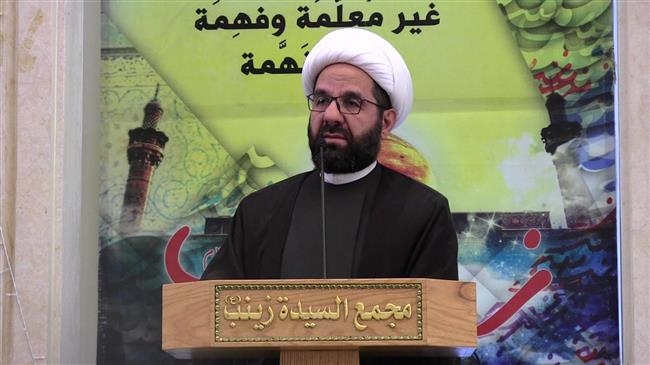




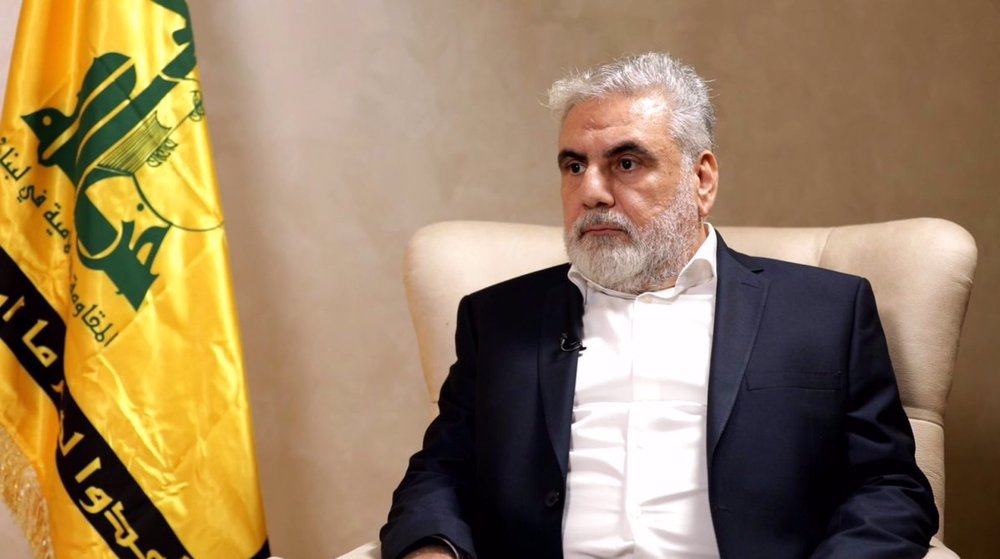
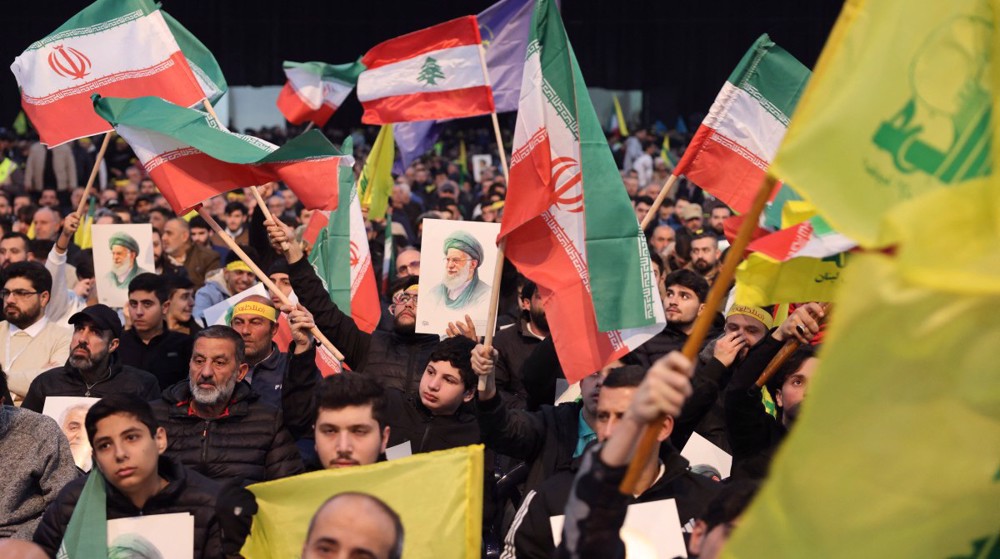
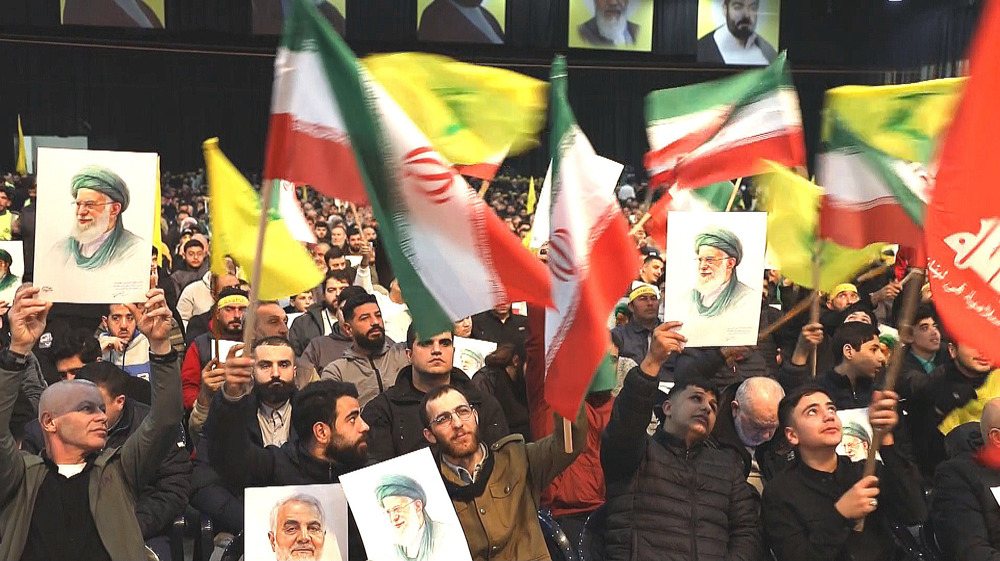



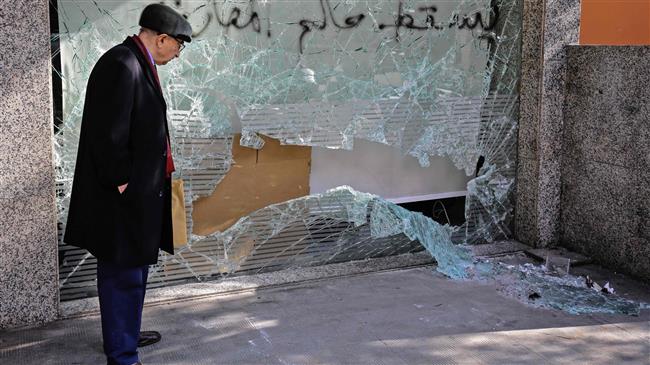



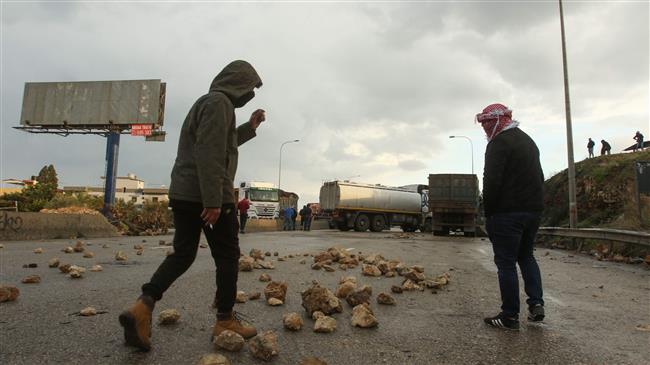
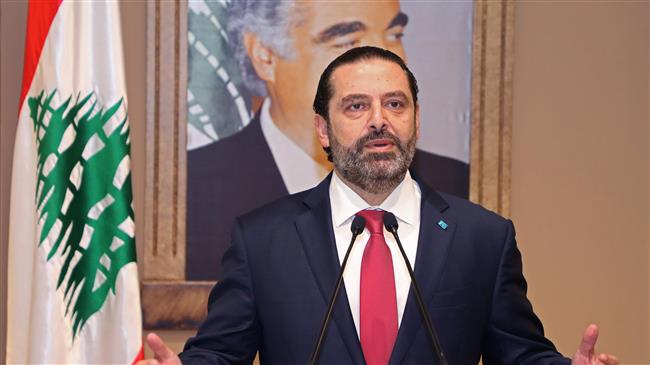

 This makes it easy to access the Press TV website
This makes it easy to access the Press TV website